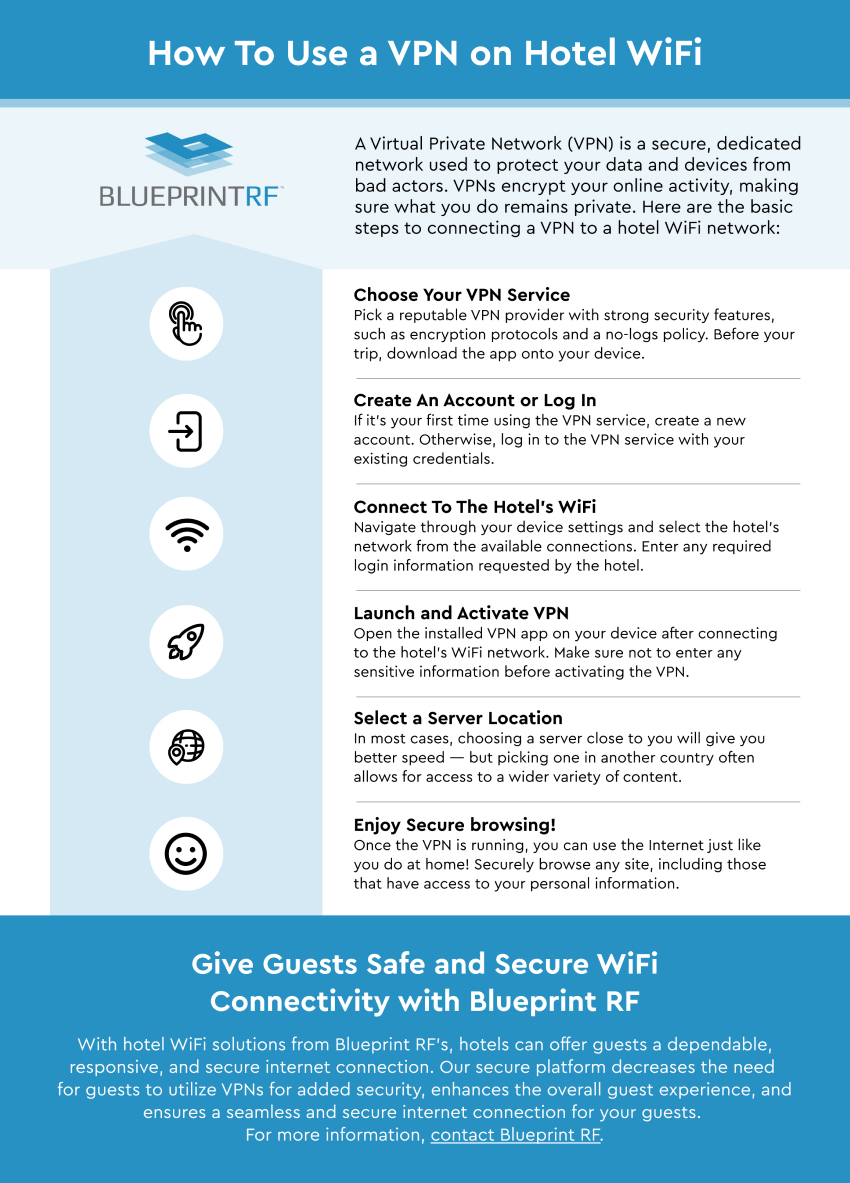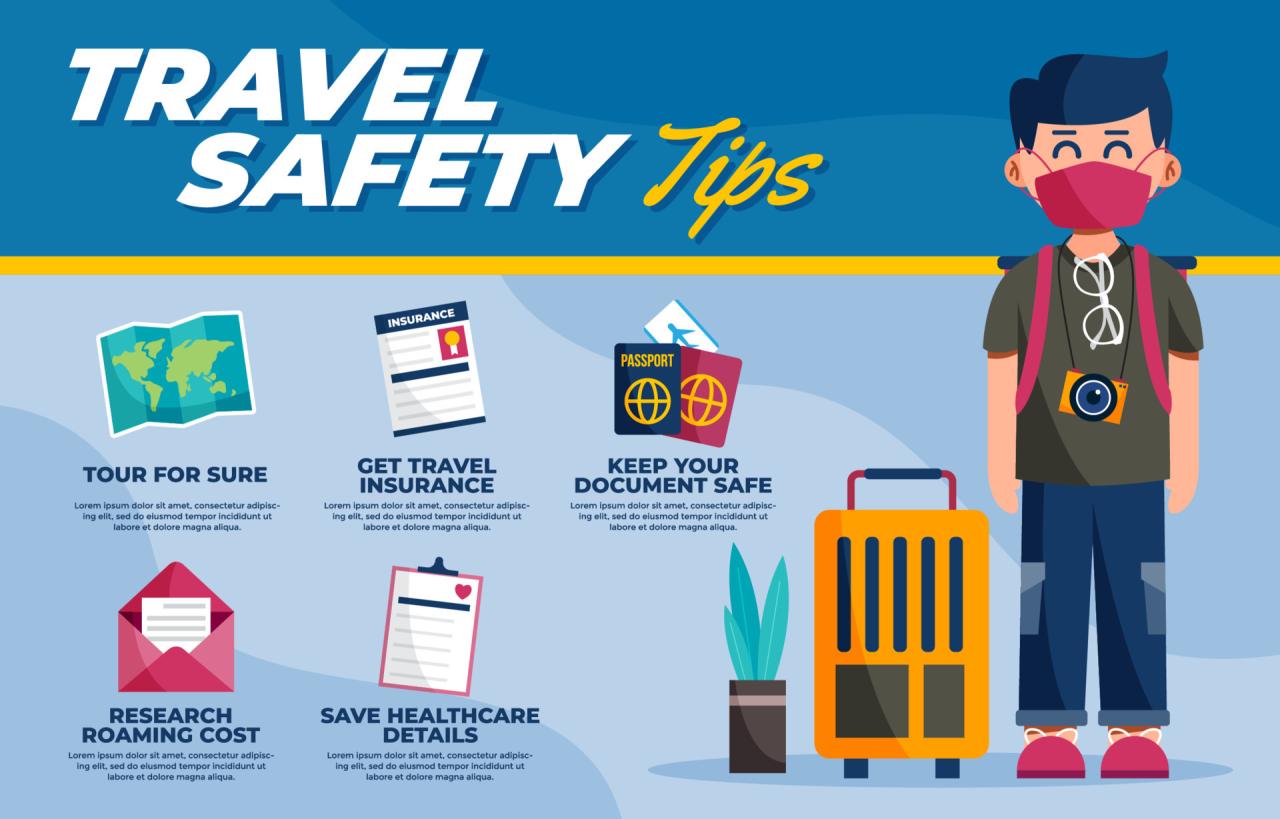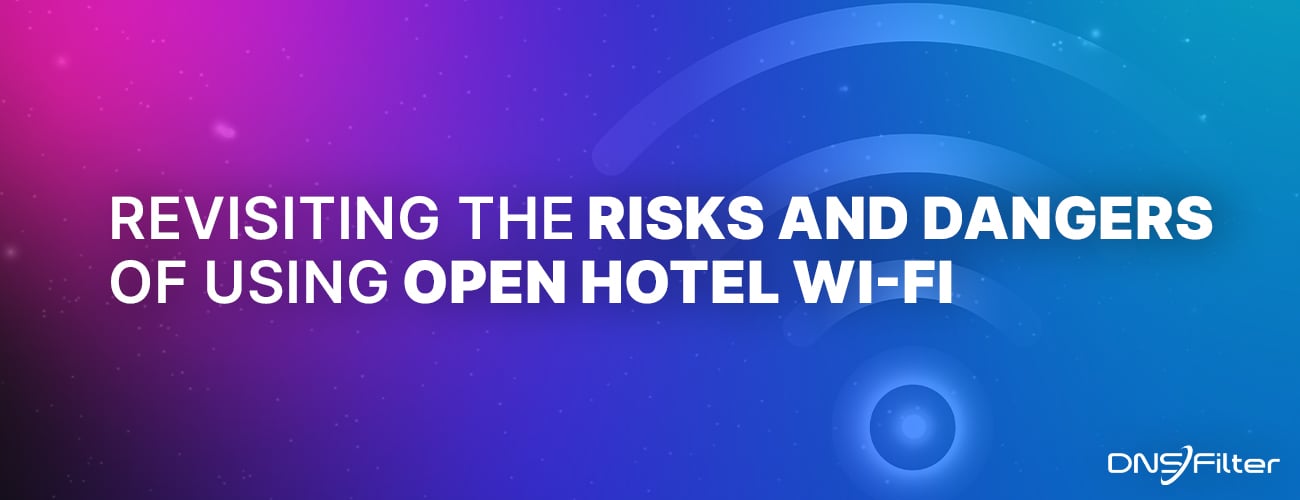Hotel WiFi networks have become an essential part of modern travel, allowing guests to stay connected while on the road. However, with the increasing number of cyber threats and data breaches, many travelers are now questioning whether hotel WiFi is safe. As we move into 2025, understanding the risks associated with public WiFi and how to protect yourself has never been more important. This article explores the security of hotel WiFi networks and provides practical tips for staying safe online while traveling.
Understanding the Risks of Hotel WiFi
Public WiFi networks, including those found in hotels, are inherently less secure than private home or office networks. The primary reason for this is that these networks are shared by multiple users, making them attractive targets for hackers. Cybercriminals can exploit vulnerabilities in public WiFi to intercept sensitive information such as login credentials, credit card details, and personal messages. In 2025, with the rise of advanced hacking techniques and the proliferation of IoT devices, the risks associated with hotel WiFi have only increased.
One of the most common threats is the use of “man-in-the-middle” attacks, where a hacker positions themselves between the user and the network to eavesdrop on data traffic. Additionally, some malicious actors set up fake WiFi networks that mimic legitimate ones, tricking users into connecting and exposing their personal information. These tactics are particularly effective in high-traffic areas like hotels, where travelers may not be as vigilant about network security.
How to Protect Yourself on Hotel WiFi

Despite the potential dangers, there are several steps you can take to enhance your security when using hotel WiFi. One of the most effective measures is to use a virtual private network (VPN). A VPN encrypts your internet traffic and routes it through a secure server, making it significantly harder for hackers to intercept your data. By enabling a reliable VPN service before connecting to any public WiFi, you can create a secure tunnel for your online activities.
Another crucial step is to avoid accessing sensitive accounts, such as banking or email, while on hotel WiFi. If possible, wait until you’re on a trusted network to handle such tasks. Additionally, always ensure that websites you visit use HTTPS encryption, which indicates that the connection is secure. You can check for the padlock icon in the browser’s address bar to confirm that a site is using a secure protocol.
What Hotels Are Doing to Improve WiFi Security

As awareness of cybersecurity threats grows, many hotels are taking proactive steps to improve the security of their WiFi networks. Some establishments now offer encrypted guest networks that separate user traffic from the hotel’s internal systems. Others implement strong password protection and regular security updates to prevent unauthorized access. In 2025, it’s becoming more common for hotels to provide detailed instructions on how to connect securely, often through mobile apps or digital kiosks at the front desk.
Furthermore, some luxury hotels are investing in advanced cybersecurity solutions, such as intrusion detection systems and real-time monitoring tools. These technologies help identify and respond to potential threats before they can cause harm. While not all hotels will adopt these measures, travelers can look for signs of enhanced security, such as clear communication about network safety and the availability of secure login options.
Best Practices for Safe Travel Online

In addition to using a VPN and avoiding sensitive transactions, there are several other best practices that can help keep you safe on hotel WiFi. First, disable automatic WiFi connections on your devices to prevent them from joining unknown networks without your permission. Second, turn off file sharing and Bluetooth features when not in use, as these can create additional entry points for hackers. Finally, keep your operating system and applications updated to ensure that any known vulnerabilities are patched.
It’s also a good idea to use two-factor authentication (2FA) for your online accounts. Even if a hacker manages to steal your password, 2FA adds an extra layer of security that makes it much harder for them to gain access. Many services, including email providers and social media platforms, offer 2FA options that can be easily enabled.
Conclusion
As we enter 2025, the importance of securing your online presence while traveling cannot be overstated. Hotel WiFi, while convenient, poses unique risks that require careful attention. By understanding the potential threats and implementing protective measures such as using a VPN, avoiding sensitive activities, and staying informed about hotel security practices, you can significantly reduce the chances of falling victim to cyberattacks. With the right precautions, you can enjoy a seamless and secure travel experience, no matter where your journey takes you.



